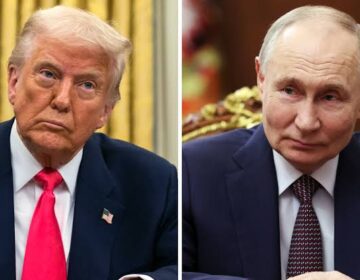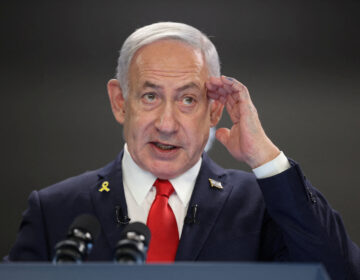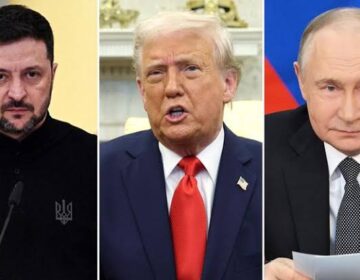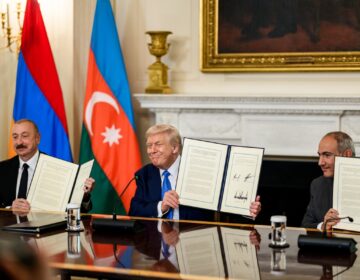U.S. President Donald trump announced a trade deal with Japan, bolstering optimism for more agreements ahead of an impending tariff deadline.
The U.S. currency has been one of the biggest losers since Trump announced sweeping tariffs on trading partners on April 2, only to delay and suspend most of the duties as his administration sought bilateral trade deals.
Donald Trump struck a trade deal with Japan that lowers tariffs on auto imports and spares Tokyo punishing new levies on other goods in exchange for a $550 billion package of US-bound investment and loans.
It is the most significant of a clutch of deals Trump has bagged since unveiling sweeping global levies in April.
Japan’s critical autos sector, which accounts for more than a quarter of its US exports, will see existing tariffs cut to 15 per cent from 25 per cent.
Duties that were due to be imposed on other Japanese goods from August 1 will be cut by the same amount.
The announcement sent Japan’s benchmark Nikkei stock index climbing over 3 per cent to its highest in a year, led by stocks in automakers with Toyota up more than 14 per cent and Honda nearly 12 per cent.
“I just signed the largest TRADE DEAL in history with Japan,” Trump said on his Truth Social platform.
“This is a very exciting time for the United States of America, and especially for the fact that we will continue to always have a great relationship with the Country of Japan,” he added.
Ishiba, who local media reported will soon resign after a bruising election defeat on Sunday, hailed the deal as “the lowest figure among countries that have a trade surplus with the US.”
The US investment package includes loans and guarantees from Japanese government-affiliated institutions of up to $550 billion to enable Japanese firms “to build resilient supply chains in key sectors like pharmaceuticals and semiconductors,” Ishiba said.
Japan will also increase purchases of agricultural products such as US rice, a Trump administration official said.
Ishiba said the share of US rice imports may increase under its existing framework but that the agreement did “not sacrifice” Japanese agriculture.
The exuberance in financial markets spread to shares of South Korean carmakers, as the Japan deal stoked optimism that South Korea could strike a comparable deal.
The yen firmed slightly against the dollar, while European and US equity index futures rose.
But US automakers signaled their unhappiness with the deal, raising concerns about a trade regime that cuts tariffs on auto imports from Japan while leaving tariffs on imports from their plants and suppliers in Canada and Mexico at 25 per cent.
“Any deal that charges a lower tariff for Japanese imports with virtually no US content than the tariff imposed on North American-built vehicles with high US content is a bad deal for US industry and US auto workers,” said Matt Blunt, who heads the American Automotive Policy Council which represents General Motors, Ford and Chrysler parent Stellantis.







